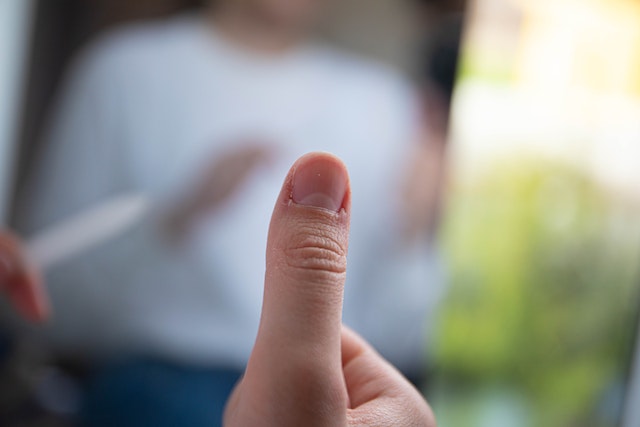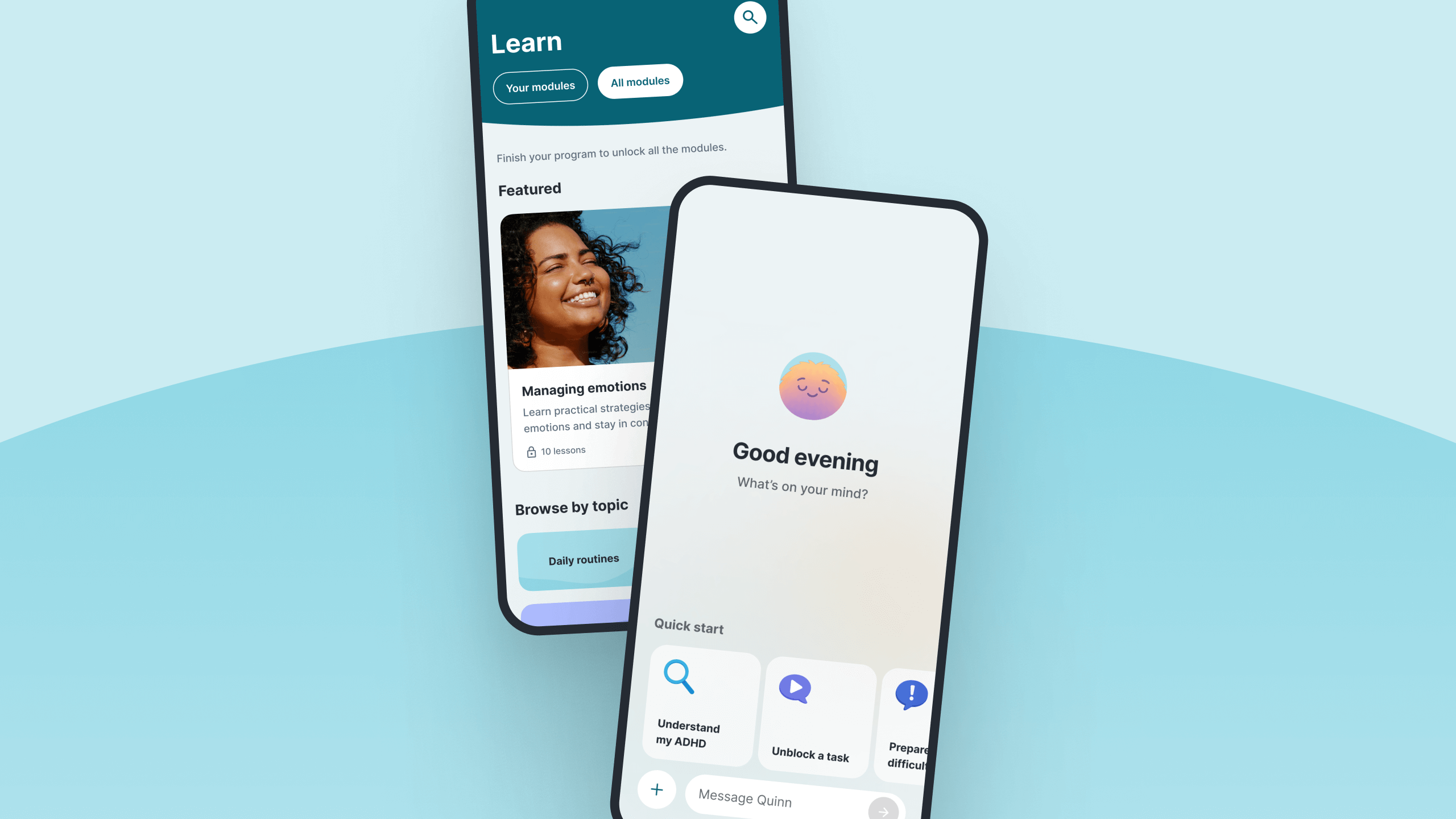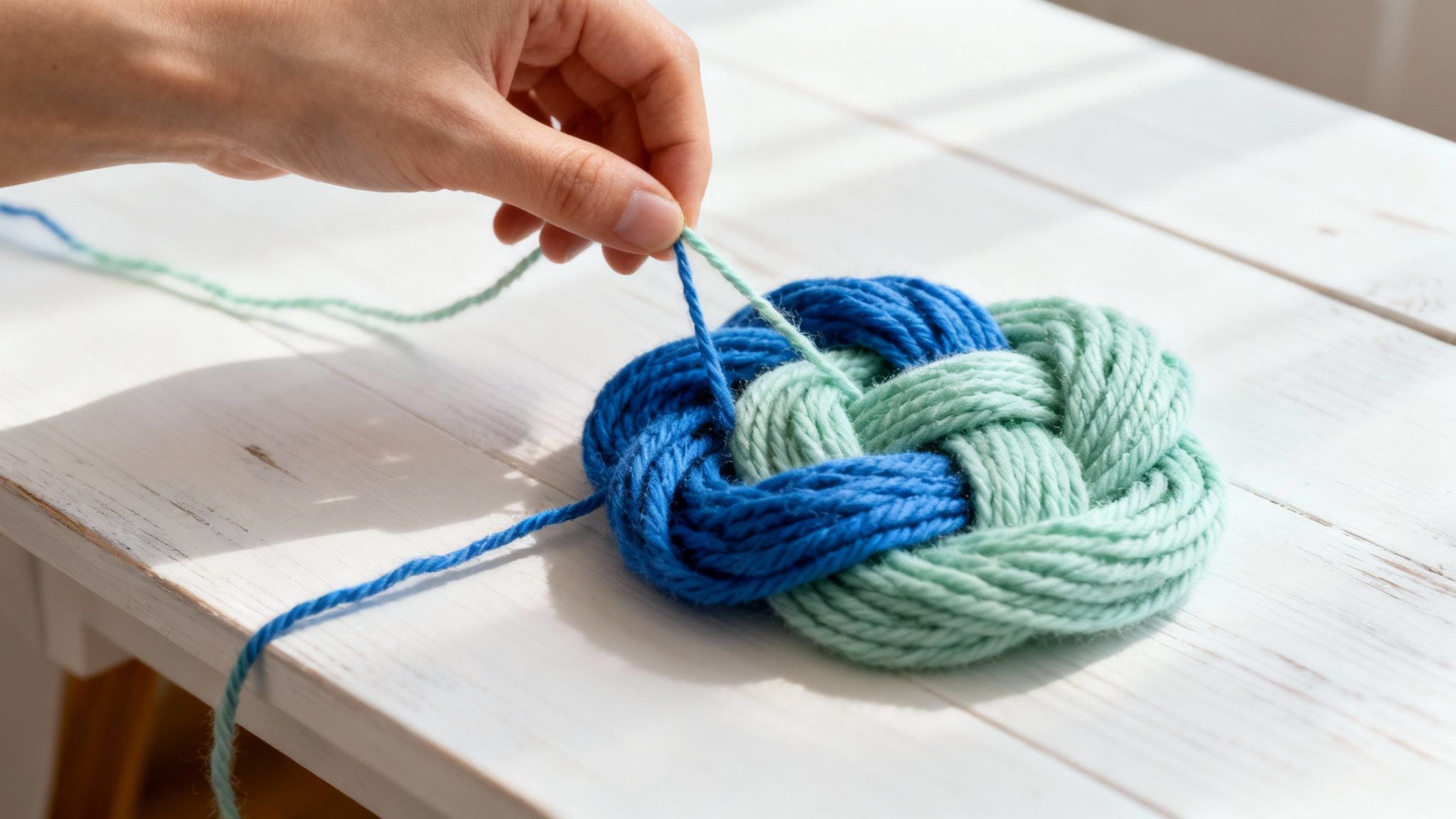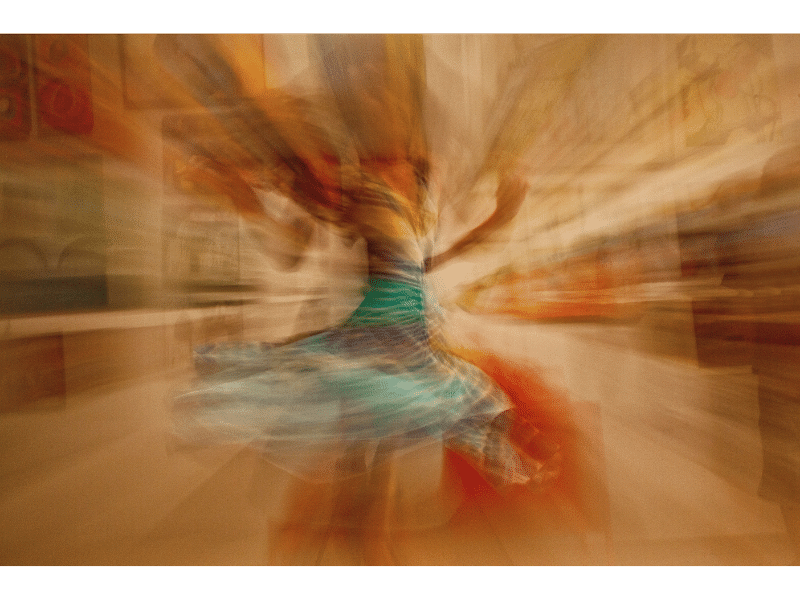I have a confession to make: I pop my pimples.
Actually, it’s not really a huge confession. I do it all the time: in public, in private, when I’m nervous, when I’m bored, when I see my reflection and notice a blemish…
I used to be a lot more ashamed of this habit because many family members mentioned over the years that I was going to end up with terrible scars and only make things “look worse.” I didn’t know how to tell them that I felt like I needed to pop my pimples.
Even while writing this, I notice my skin tingling—my hand wants to pick at blemishes on my face and shoulders, scratch dry skin off my back, or feel around that painful bump forming on my forehead.
If you know exactly what I’m talking about, you might want to keep reading.
Body-focused repetitive behaviors (BFRBs)
Body-focused repetitive behaviors are impulsive, repeated habits that focus on one’s own body. They can sometimes cause harm and negatively alter one’s appearance. The person is often unaware of the behaviors when they're doing it; however, if they are aware, it's usually because they're using it as a coping mechanism for anxiety or stress.
Some of the more common BFRBs include:
Trichotillomania (hair-pulling)
- Pulling hair from the scalp, eyebrows, eyelashes, or other body parts
- Often leads to bald spots, damaged hair and follicles, and (rarely) permanent hair loss
Excoriation disorder (skin-picking)
- (Formerly known as dermatillomania)
- Compulsively scratching skin
- Picking at ingrown hairs
- Pulling and picking at scabs, often causing wounds to re-open and leaving scars
- Popping pimples or cysts
- Pulling at and removing cuticles and nails, causing pain and bleeding
Onychophagia (nail-biting)
- Compulsive nail-biting, often to the point of pain, bleeding, and scarring
- Can lead to ingrown nails and infections
- Usually involves fingernails, but can involve toenails
Dermatophagia
- Compulsive skin-biting
- Mainly involves the lips or inside of the mouth (cheeks)
- Sometimes involves the tongue or taste buds
- Sometimes involves biting other parts of the body
Note: There are also people who repeatedly pop their joints or crack their knuckles, but there isn't an official term for this.
The link between ADHD and body-focused repetitive behaviors
Dani Donovan, fellow ADHDer, expanded on the connection between BFRBs and ADHD in a TikTok:
Plenty of people want to pop a whitehead when they see it, but they don’t because their brain [tells them], ‘don’t do that! You’re going to scar your face!’
Donovan also noted that ADHDers have a harder time with impulse control—and if we act on an impulse, we often feel guilty for engaging, which can lead to engaging in the impulses even more because it’s a source of comfort. It’s a vicious cycle, really.
The vicious cycle of ADHD and hair-pulling or nail-biting
Urges and dissociation
Many people with ADHD have at least one BFRB—sometimes without realizing it.
When I pop my pimples, I get lost in doing it for long periods of time. I used to believe I was dissociating because so much time would pass without me realizing.
Satisfying distractions
I’d get lost in time because the sensation or pain from picking and popping gave me a moment of satisfying relief. Usually, my mind races around all day—thoughts of what to do next, where I need to be later, what I did in the past, and what I would have said differently, etc.
Picking stopped that for me — if only for a short time. It became a source of comfort and even a distraction from my anxiety.
Guilt and shame
But when I finally came to and realized how much time passed, it was like an avalanche of guilt and shame came hurling down at me. How could I waste so much time doing something so harmful to myself?
Why are ADHDers prone to body-focused repetitive behaviors?

ADHD brains are dopamine-seeking
ADHD brains are often looking for dopamine because their dopamine receptors aren’t properly picking up those signals. Some research supports a correlation with lower concentrations of dopamine transporters.
Essentially, ADHDers are constantly searching for things that cause pleasure or instant gratification because their brains aren’t picking up the dopamine fast enough on their own.
Neurodiverse stimming
Neurodiverse individuals are prone to feeling overstimulated and understimulated, and sometimes need to “stim." Stimming for ADHDers can be triggered by sensory overload or even when they're trying to concentrate.
I’ve been stimming from sensory overload my entire life.
Scratching, popping, or picking throughout school because I was overwhelmed; popping pimples when I’m around family because of emotional triggers and resulting emotional overload; sometimes I needed to stim because the room was just too… quiet.
How to cope with impulsive body behaviors
What worked for me
I removed the mirrors from my bedroom, put a limit on my time in the bathroom (yes, I set an alarm and everything!), and—my executive dysfunction has me struggling to see a dermatologist, but—the next step is getting rid of the acne that causes picking in the first place.
I’ve also found that the old saying about ‘idle hands’ is pretty true for me. I wear rings now to keep my fingers busy. You can also purchase stim toys that cover a range of sensations, or try making your own with things like pipe cleaners, beads, and other cheap household items.
Talk to your healthcare provider about medication
Talk to a doctor about concerns related to body-focused repetitive behaviors. So far, my ADHD medication has helped me cope. I don’t feel the need to stim or soothe myself in a harmful way as much anymore.
However, at the end of the day, when my medication wears off, I have the urge to pick again.
Track your behaviors to find your triggers
For me, something that was helpful—but also inconsistent (because #ADHD)—was tracking and documenting when I felt the impulses to do harmful behaviors.
Triggers can be difficult to pinpoint, especially because ADHD minds travel a mile a minute. Keeping a small journal nearby or using my phone to jot things down has made it easier to see the patterns and work towards correcting them.
Final thoughts: find support
One last thing that's important is community.
Reach out to people who have ADHD; ask them how they deal with their need to stim or soothe. Find ADHD blogs that provide relatable, accurate, and helpful information. Join an online forum where people openly talk about their ADHD and share personal experiences.
You might come to realize you are not as alone in this as you think.


.png)





